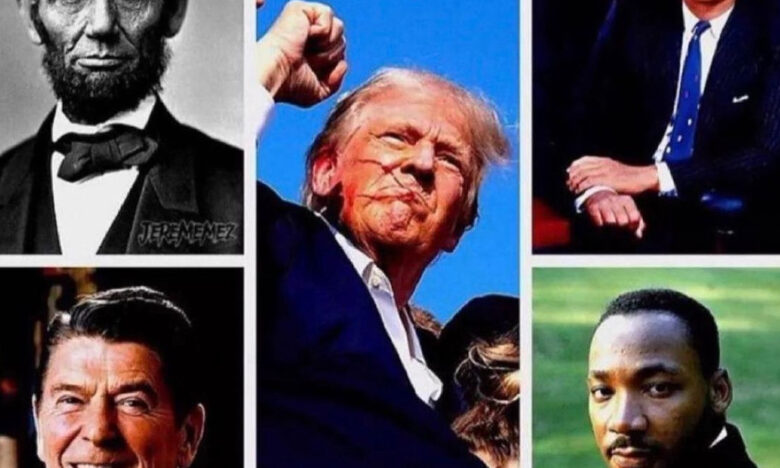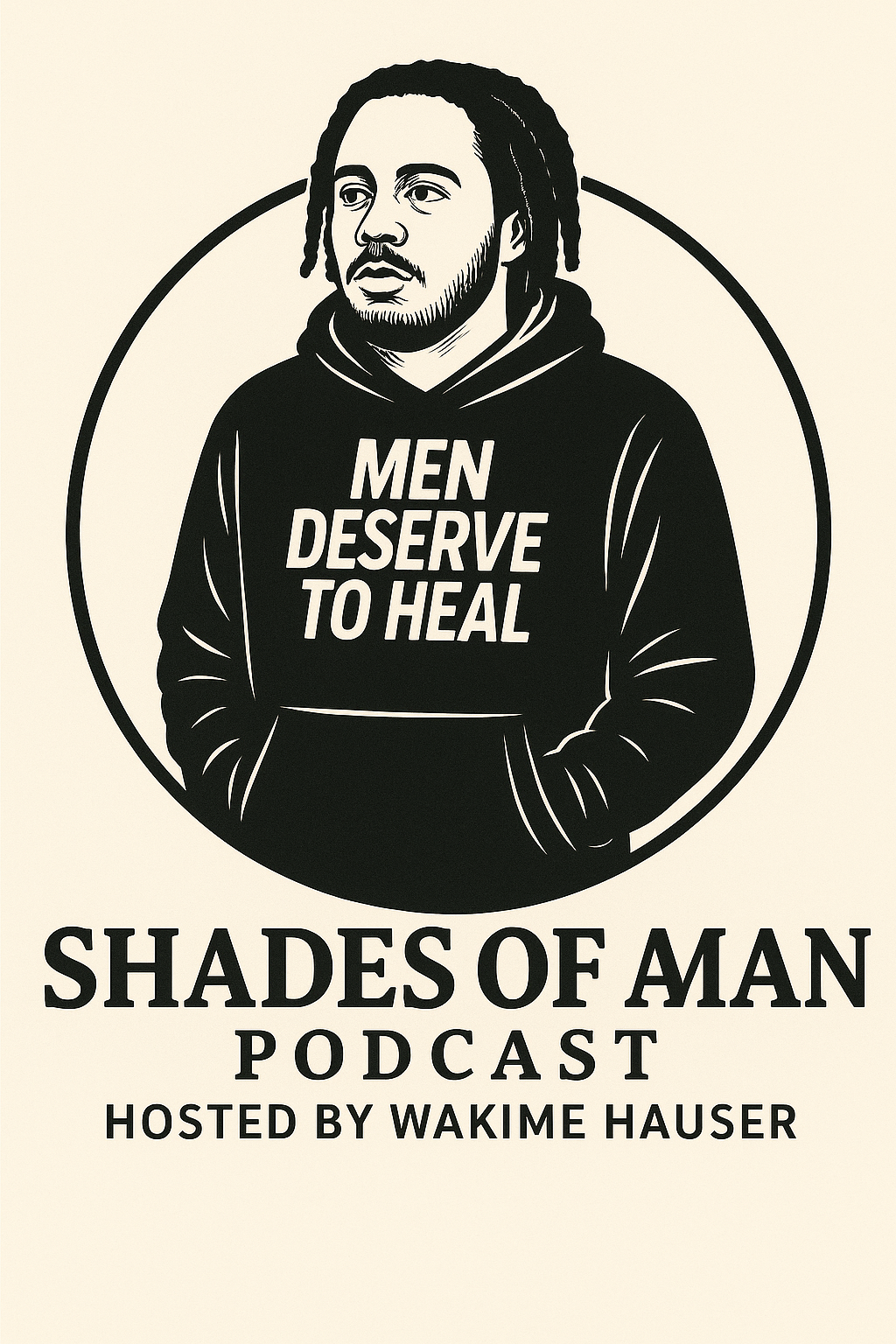Hated or loved no in between
When I first looked at this picture, I thought it seemed very simplistic, but then I began to shake my head in realization. All of these individuals were not only immensely popular but also deeply divisive. This combination of admiration and animosity is what made them powerful.
Take Abraham Lincoln, for example. He is celebrated for emancipating the slaves, a monumental and progressive step in American history. However, this decision was highly controversial at the time, leading to significant opposition and even hatred from those who disagreed with his policies. Lincoln’s leadership during the Civil War and his push for the Thirteenth Amendment made him a beacon of freedom and justice, but also a target of immense scorn and hostility.
John F. Kennedy (JFK) is another figure who exemplifies this duality. He is often regarded as one of the most popular presidents, known for his charisma and progressive vision. His advocacy for civil rights and support for minorities endeared him to many, but also incited fierce resistance from those who opposed his inclusive policies. Kennedy’s assassination underscores the intensity of the emotions he stirred.
Martin Luther King Jr. stands out as the most renowned Black American in history, revered for his nonviolent struggle for civil rights. His message of equality and justice resonated with millions, yet he faced vehement opposition from those who rejected his ideals. King’s legacy is one of profound respect and admiration, tempered by the reality of the deep-seated hatred he encountered.
Ronald Reagan, an actor-turned-politician, is known for his role in strengthening America’s nuclear capabilities and his conservative policies. While celebrated by many for his strong leadership and economic reforms, he was also widely criticized, particularly by those who disagreed with his domestic and foreign policies. The polarization of opinions about Reagan’s presidency highlights the complexities of his influence.
Donald Trump, perhaps the most polarizing figure in recent history, epitomizes the love-hate dynamic. His presidency elicited strong emotions from all sides, with fervent supporters praising his straightforward approach and critics condemning his divisive rhetoric and policies. The stark contrast in public opinion about Trump underscores the profound impact he has had on American politics.
These leaders’ abilities to evoke strong, often conflicting emotions among the public are what made them powerful. They challenged the status quo, inspired change, and stirred intense debate, leaving indelible marks on history.
Today, Trump has joined Ronald Reagan as a survivor of an assassination attempt. Personally, I do not know what to believe about what took place as many conspiracies loom. What I do know is that if he had been killed, the America we know right now would be turned upside down. Such an event would have sent shockwaves through the nation, exacerbating divisions and possibly leading to unprecedented social and political upheaval. The stability of our republic hinges on the ability to navigate even the most polarizing figures without resorting to violence.
What is great about this country is that we have the freedom to change and liberate, no matter what side you are on. This freedom allows for diverse perspectives and the possibility of progress through dialogue and debate. It is for this reason that I decided not to belong to a political party. By standing independent, I can listen and decide to agree or disagree without the influence of partisan loyalties. This independence ensures that my views are shaped by principles and facts rather than party lines, fostering a more genuine engagement with the issues that matter most.
Thank you for reading
Wakime







